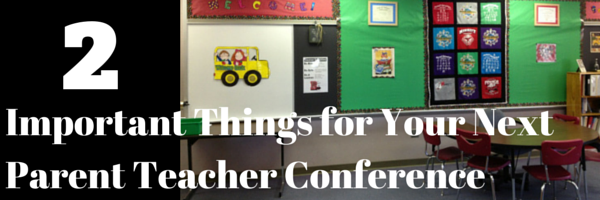Teaching your kids to have disciplineDiscipline and self-control means that we have the ability to express and cope with strong emotions in appropriate ways.
Teaching a child disciple can be one of the most frustrating things we have to do as parents. Self-control involves thinking skills, as we decide which of our impulses to act on. Developing self-control begins at birth and continues across our lives. It is a skill that is critical to children’s school success and overall healthy development. It enables children to cooperate with others, to cope with frustration, and to resolve conflicts. Kids learn these skills through interactions with others and guidance from parents and other caregivers. Babies are born with virtually no self-control. They have little-to-no ability to control their emotional states or behavior. However, the process of developing self-control begins in a baby’s earliest months and continues across the rest of their life. We have to teach acceptable behaviors. Tell and show your child what he can do, not only what he’s not allowed to do. If he’s throwing balls around the house, give him an empty trashcan to throw them into or take him outside and show him where and how he can throw the ball. This helps him learn right from wrong and to channel his energy and interests in acceptable ways as he grows. Label and recognize your child’s feelings. Letting children know their feelings are understood helps them calm down and regain control. This doesn’t mean you give in to their demand. “I know you are mad that you have to go to bed. Naming and recognizing his feelings helps your child learn to manage his emotions, a important skill necessary for later school success. Give your child opportunities to choose. Present him with two acceptable options and let her choose, “Would you like to brush your teeth or put on your pajamas first?” Rather than telling her to get her rain boots, help her think it through on her own: "It is raining out. What will you need to bring to child care today so you can go on a rain-walk with your class?" If a decision is really yours, don’t offer a choice. Say, “It’s bed time,” not “Are you ready to go to bed?” Help your child learn to wait. Waiting helps children learn self-control. And it teaches them that others have needs, too. Make the wait-time short and give your child something to do in the meantime. Also, playing with friends offers many opportunities to help your child learn to wait, to share, and to take-turns. With your guidance and lots of practice, your child will be well equipped to work out conflicts with his school pals later on. Read More... |
|
We found
results for you
We've got nothin'!















